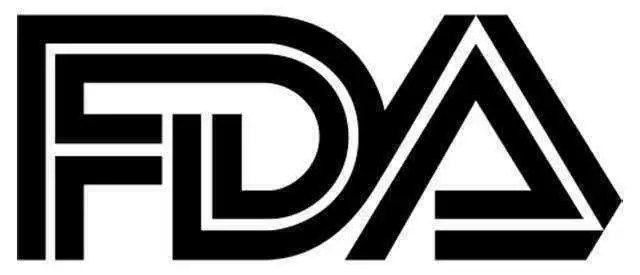
Celiac.com 11/24/2016 - When Australia set it's gluten-content standards at zero ppm for gluten-free labeling, many people in the gluten-free community hailed the action as revolutionary for people with celiac disease or gluten-sensitivity.
Sensitivity to gluten varies among celiac patients, so, in theory, restricting levels in food to under one part per million (ppm) would protect the maximum number of patients.
Celiac.com Sponsor (A12):
International gluten-free standards require that foods labelled "gluten-free" (gluten-free) contain less than 20 ppm gluten. In Australia and New Zealand, however, a "no detectable gluten" standard applies.
Now, a pair of researchers say product testing shows that 14% of imported products were non-compliant with the current Australian standard, but none contained more than 1.1 ppm gluten.
Geoffrey M Forbes and Kenneth Dods are calling those standards "not practical or reasonable," and urging authorities revise the current Australian gluten-free standard of "no detectable gluten" to "≤ 1 ppm."
Read the full story at: Open Original Shared Link



.webp.9f47b4360c0c5c7f8d2a07c8430c5d54.webp)


Recommended Comments